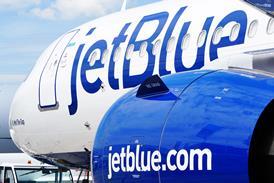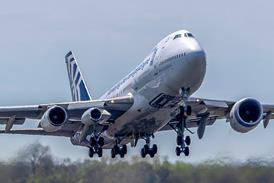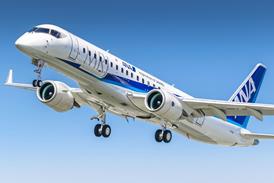Budget carrier EasyJet is unsure about its fourth-quarter performance following the events in France and Turkey, which have undermined consumer confidence already shaken by the impact of the UK’s vote to exit the European Union.
The airline says the political upheaval is generating additional pressure on the carrier, which has been coping with a difficult third quarter, blighted by over 1,200 cancellations – almost 70% more than last year – as a result of air traffic control strikes and bad weather.
EasyJet’s third-quarter revenues dipped by 2.6% to just under £1.2 billion ($1.58 billion), the airline has disclosed in a trading update. Revenues per seat fell by 8.3% at constant currency.
The airline says its “strong cost control” enabled it to improve cost-per-seat, including the effect of fuel prices, by 3.8% over the quarter to 30 June. Excluding fuel, it says, the figure was largely flat, despite £20 million of disruption cost.
EasyJet has secured about two-thirds of expected bookings for the fourth quarter, with average revenue-per-seat for the period falling by around 7.5% at constant currency.
But it says the revenue-per-seat “trajectory” remains “uncertain” as a result of the 14 July attack in Nice and the attempted military coup in Turkey the following day, as well as an underlying growth in short-haul capacity.
Consumer confidence has also been affected by currency fluctuations following the UK’s European Union exit vote, it adds.
The airline has initiated measures, in the wake of the vote, to ensure that its route network is not affected by the withdrawal.
EasyJet says a team has been “mobilised” and is “actively engaging” in discussions to secure rights on services within Europe.
“This remains EasyJet’s priority,” the company adds.
It says has a “well-developed” contingency plan to obtain a European Union air operator’s certificate should the UK exit negotiations fail to provide continuity of the liberalised air transport market.
EasyJet maintains that it has strong cost control and that it is focusing on “inevitable” opportunities arising from the tougher operating environment. The company says it is still committed to a proposal to increase dividend pay-out to 50% of post-tax income.
Source: Cirium Dashboard
















